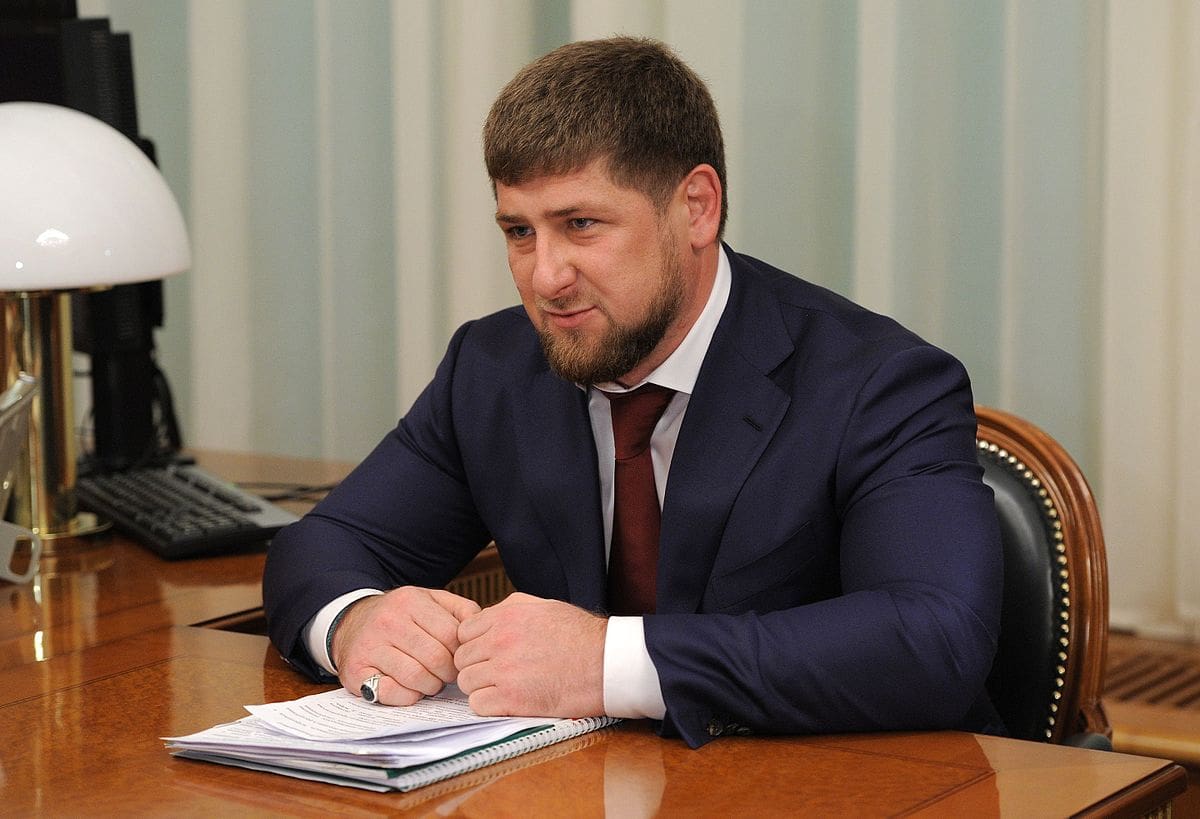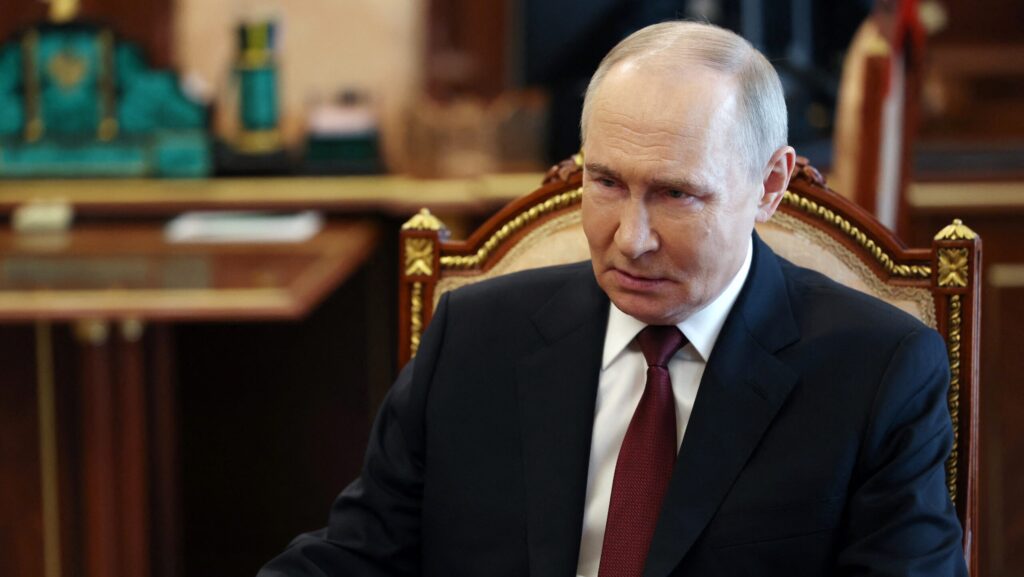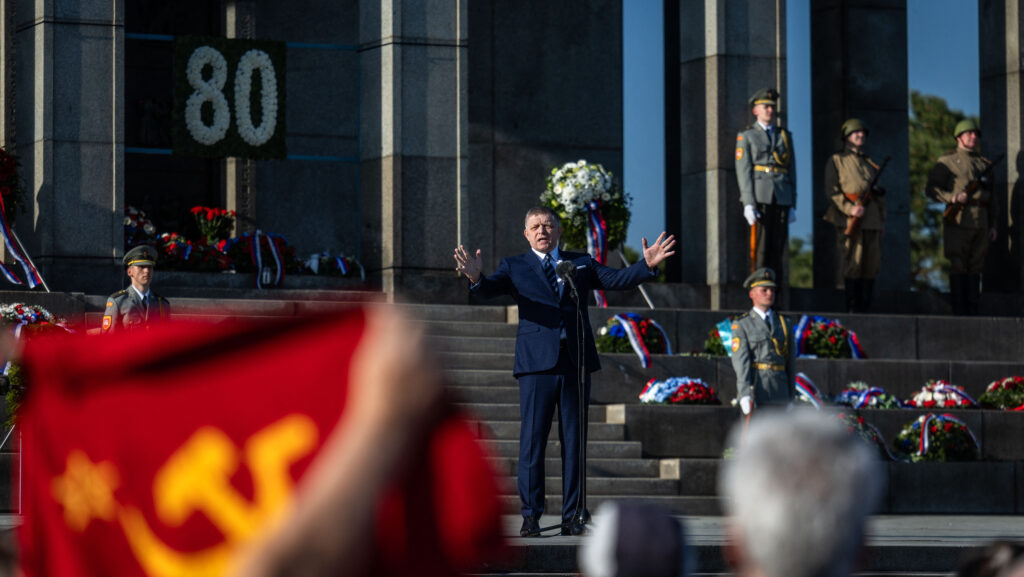A few months ago, Ramzan Kadyrov announced that he might want to leave his position as President of the Chechen Republic. Some speculate that he is interested in pursuing a federal level position, so considering that he might rise to some significant office soon, looking at his track record might be useful for understanding future developments in Russia.
Ramzan Kadyrov has been the head of the Chechen Republic since 2007. He is now the longest-serving high-ranking regional leader in Russia. The Northern Caucasian Russian Republic has been relatively stable under his leadership, following decades of limbo, between independence and belonging to Russia, with two bloody wars waged against the Russian Federation both of which the Chechen Republic ultimately lost.
The ‘stability’ of Kadyrov’s rule has been enforced with an iron fist
—ordinary Chechens have been repressed, and dissident voices silenced. His Chechen opponents were hunted down not only in Chechnya but all across the Russian Federation, sometimes even in European countries (most recently in Sweden). So far, he has also been known for his unwavering support for Putin.
Kadyrov was born in 1976 in the Checheno-Ingush Autonomous Oblast of Soviet Russia. At a very young age, he joined Chechen Islamist separatist groups to fight for his nation’s independence following the collapse of the USSR. His family, including his father, Akhmad Kadyrov, fought against Russia in the first Chechen war, but then switched sides and pledged alliance to Russia in the second. After the Chechens were defeated, losing any chance of becoming an independent and recognized state, the Kremlin made Akhmad Kadyrov Chechnya’s leader. From 2003 on, Akhmad was the Chechen president, until 2004, when he was killed in a terrorist attacks, while Ramzan served as his chief of security. Immediately after turning 30 in 2007 (thereby, fulfilling the age requirement for becoming a regional president), Putin appointed Ramzan Kadyrov to serve as the head of the Chechen Republic.
Although Kadyrov was a powerful figure in Russia even before,
since the beginning of the invasion he has consolidate his strength and influence even more.
While officially he does not have a position in any defence or security agency of the Russian state, Kadyrov is the only regional leader who is the commander of an own regiment, whose fighter are known as the Kadyrovites. Recently, Putin awarded him the rank of colonel general of the Russian army. His troops are known to have gained experience in the military conflicts in Georgia as well as in Syria. Allegedly, since the very beginning of the invasion there have been 12,000 Chechen troops fighting in Ukraine, while in September and August even more Chechen forces arrived in the invaded country. Kadyrov also happens to be one of those few people in Russia who vocally criticized the mistakes made during the invasion, especially during Ukraine’s successful counteroffensive in August. His criticism of the Russian military and organisational failures, pointing out the high losses the Russian army suffered might have contributed to the removal of the commander of the Central Military District, Colonel General Alexander Lapin from his position.
Here it is important to stress that Kadyrov’s criticism is not of Russia being engaged in the war, but of the Federation not being invested in it enough. Kadyrov is so committed to the military conflict that he famously vowed to send three of his (teenage) sons to fight. When he announced that his sons, aged 14, 15 and 16 will travel to the front line in Ukraine, he said that a father should teach his sons to protect their family, people and fatherland. He also announced that the military training of his sons had started much earlier, and it was time for them to experience real battle.
The Chechen leader has also called on the Russian leadership to use tactical nuclear weapons against Ukraine,
an idea the Kremlin has dismissed. In the eyes of Russian hardliners, such dedication to the war gives him the moral high ground compared to the rest of the Russian elite who are prioritizing personal comfort and financial gain over their commitment to Russia. While it is currently unknown whether he will be able to obtain a federal government position or he will be kept as a regional strongman, his example powerfully demonstrates the viewpoint of Russian hardliners in the war. The rise of Kadyrov should also serve as a warning—the departure or removal of Putin would not inevitably lead to a better Russia, and the destabilization of the current regime might result in the surfacing of regional and ethnic conflicts as well as elite power struggles within the country.








